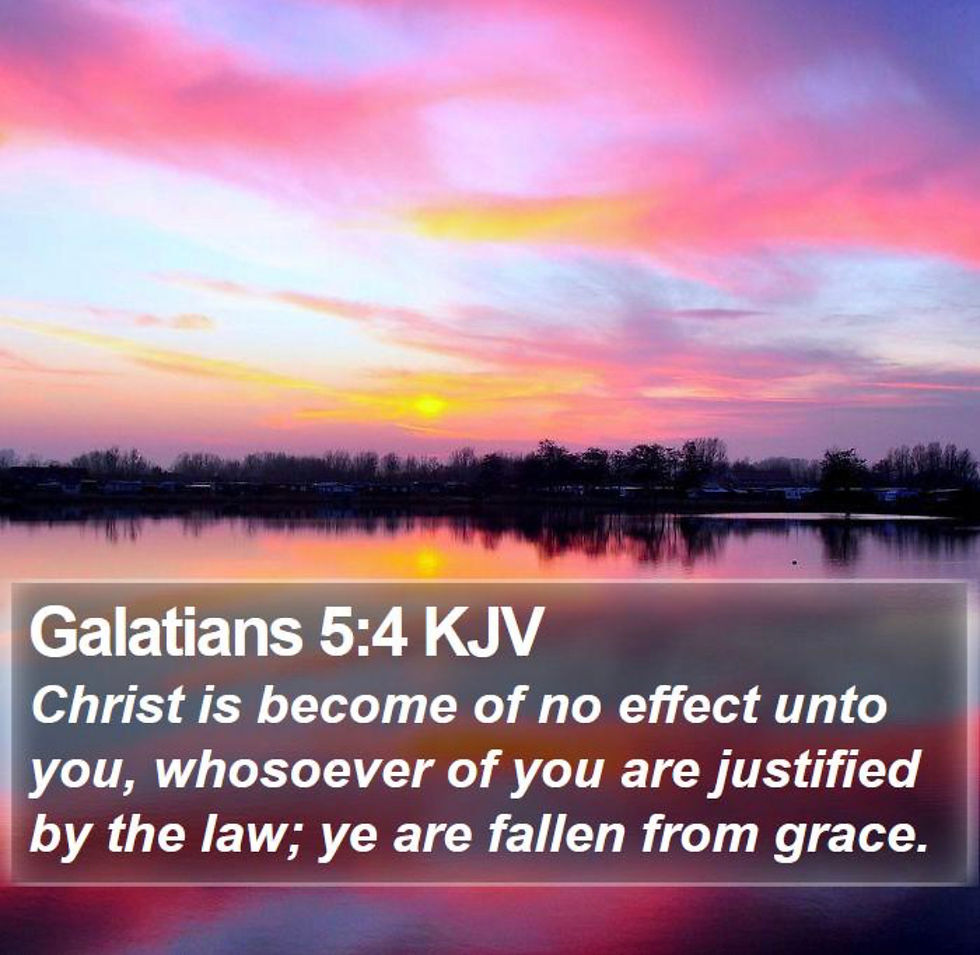Study to Grow
- Doug Bell

- Apr 22, 2022
- 3 min read

By Doug Bell
1 Corinthians 8: 4¶ Therefore, as to the eating of food offered to idols, we know that “an idol has no real existence,” and that “there is no God but one.” 5 For although there may be so-called gods in heaven or on earth—as indeed there are many “gods” and many “lords”—
6 yet for us there is one God, the Father, from whom are all things and for whom we exist, and one Lord, Jesus Christ, through whom are all things and through whom we exist.
7¶ However, not all possess this knowledge. But some, through former association with idols, eat food as really offered to an idol, and their conscience, being weak, is defiled.
8 Food will not commend us to God. We are no worse off if we do not eat, and no better off if we do.
9 But take care that this right of yours does not somehow become a stumbling block to the weak.
10 For if anyone sees you who have knowledge eating in an idol’s temple, will he not be encouraged, if his conscience is weak, to eat food offered to idols?
11 And so by your knowledge this weak person is destroyed, the brother for whom Christ died.
12 Thus, sinning against your brothers and wounding their conscience when it is weak, you sin against Christ.
13 Therefore, if food makes my brother stumble, I will never eat meat, lest I make my brother stumble.”
*****
This was a problem in Paul’s day. It’s not one that we must deal with much today. But the principle applies to more than just eating meat offered to idols. You can apply to anything that may affect a weak brother’s conscience.
What are some of the Principles?
1.) Some things are really amoral in and of themselves, I.e., eating meat offered to idols. (8 ‘Food will not commend us to God. We are no worse off if we do not eat, and no better off if we do.‘)
2.) Some people are immature in a true understanding of the Bible. (7¶ ‘However, not all possess this knowledge.‘)
3.) Those who know the truth can’t allow their knowledge to cause a weaker brother to stumble. (9 ‘But take care that this right of yours does not somehow become a stumbling block to the weak.‘)
4.) If you, the stronger demand your rights, your freedom may cause the weaker one to fall into sin. (10 ‘For if anyone sees you who have knowledge eating in an idol’s temple, will he not be encouraged, if his conscience is weak, to eat food offered to idols?‘)
5.) Is your freedom of rights more important than your brother’s faith?
(11 And so by your knowledge this weak person is destroyed, the brother for whom Christ died.)
6.) When we sin against your brother, we are sinning against our Lord. (12 ‘Thus, sinning against your brothers and wounding their conscience when it is weak, you sin against Christ.‘)
7.) Love should cause us to give up our rights, for the faith of our weaker brother. (13 ‘Therefore, if food makes my brother stumble, I will never eat meat, lest I make my brother stumble.”)
This principle applies anytime a stronger Christian has to decide if his rights are as important as a weaker brothers faith. We could apply it to any number of things. The overriding principle is “What would Jesus Do?”



Comments